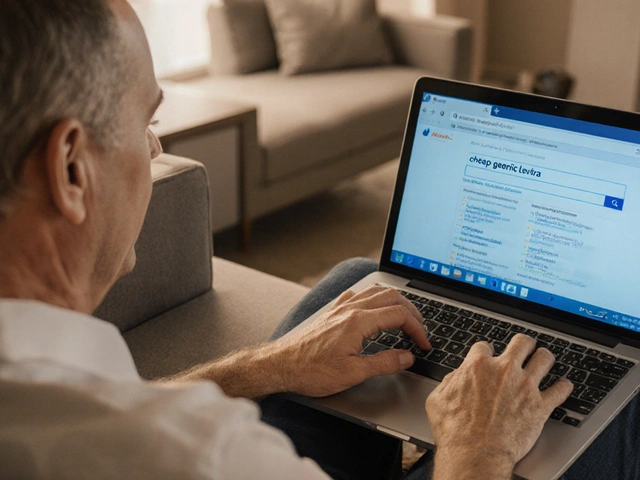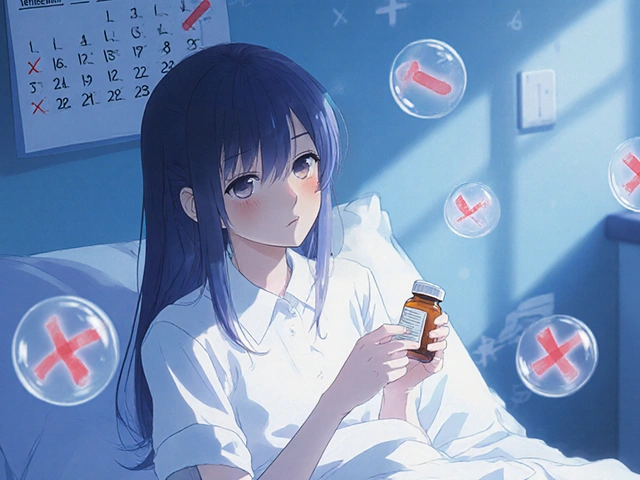Sleep Aid: Simple Ways to Get Better Rest Tonight
Struggling to fall asleep can make the whole day feel off. The good news is you don’t need a prescription to feel more rested. A few easy changes to your routine and a couple of safe, over‑the‑counter options can make a big difference.
Everyday habits that boost sleep
First, think about your bedtime environment. Keep the room cool, dark, and quiet. A fan or white‑noise app can block sudden sounds, and blackout curtains stop stray light from keeping your brain alert.
Second, limit screens at least an hour before bed. The blue light from phones and TVs tricks your body into thinking it’s still daytime, which delays melatonin release. Instead, read a paperback, stretch, or write down tomorrow’s to‑do list.
Third, watch what you eat and drink in the evening. Heavy meals, caffeine, and alcohol can all disturb sleep cycles. A light snack like a banana or a handful of almonds gives your body a small source of tryptophan, a natural sleep promoter.
Natural sleep aids you can try
When lifestyle tweaks aren’t enough, consider safe supplements. Melatonin is the most popular choice; a low dose (0.5‑3 mg) taken 30 minutes before bed helps reset the internal clock without causing grogginess the next morning.
Herbal options like valerian root, passionflower, or chamomile tea also work for many people. Start with one cup of tea about an hour before lights out and notice how relaxed you feel.
If you’re looking for a magnesium boost, a magnesium glycinate supplement can calm muscles and nerves. It’s especially helpful if you notice restless legs or tension headaches while trying to fall asleep.
Remember, supplements are not a magic fix. Stick to the recommended dosage, buy from reputable brands, and watch for any side effects. If you’re pregnant, nursing, or have chronic health conditions, check with a pharmacist or doctor first.
Finally, if you’ve tried these steps for a couple of weeks and still wake up feeling tired, it might be time to talk to a healthcare professional. Conditions like sleep apnea or chronic insomnia need proper diagnosis and treatment.
Getting solid sleep doesn’t have to be complicated. Adjust the room, unwind screen‑free, and add a gentle supplement if you need a little extra help. Try one change tonight and see how it feels in the morning. Your body will thank you.
Doxylamine, a common over-the-counter sleep aid, has drawn much interest due to its potential benefits in improving sleep duration and efficiency. This article delves into the science behind doxylamine, its effects on sleep, the potential side effects, and practical tips for safe use. Get ready to discover how this medication can transform restless nights into restful slumbers.
Continue reading





